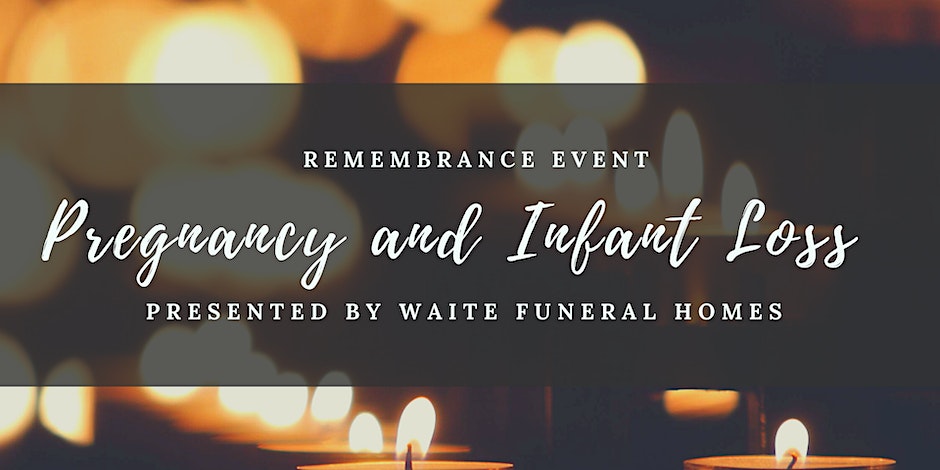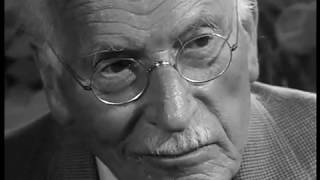Disclosure in the form of the spoken word has long been considered beneficial and widely used in counselling and other therapies. Self-inhibition of negative emotions is thought to lead to continuous autonomic arousal and poorer health.1 Writing therapy, otherwise described in the literature as ‘expressive (emotional) disclosure’, ‘expressive writing’, or ’written disclosure therapy’ may have the potential to heal mentally and physically. In early experiments, participants wrote about their most traumatic thoughts and feelings related to a stressful event for up to 20 minutes over three or four writing sessions. To isolate any non-specific beneficial effect from participating in studies, control groups wrote about superficial non-emotive topics. The experimental group observed better physical health, improved immune system functioning, and fewer days off due to illness. This formed the basis of subsequent studies into writing therapy – access the full article here: (https://www.ncbi.nlm.nih.gov/pmc/articles/PMC3505408/)







Leave A Comment
You must be logged in to post a comment.